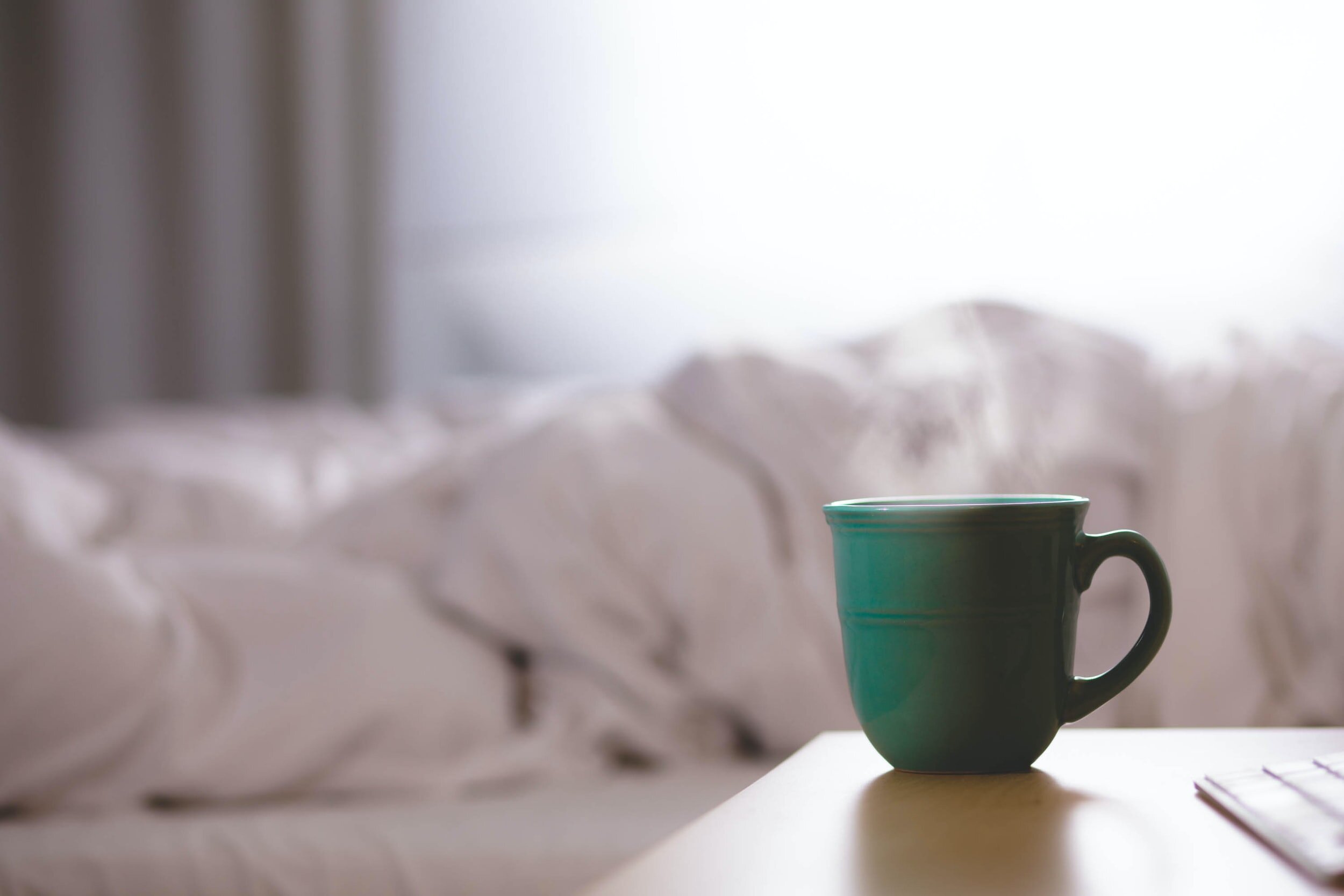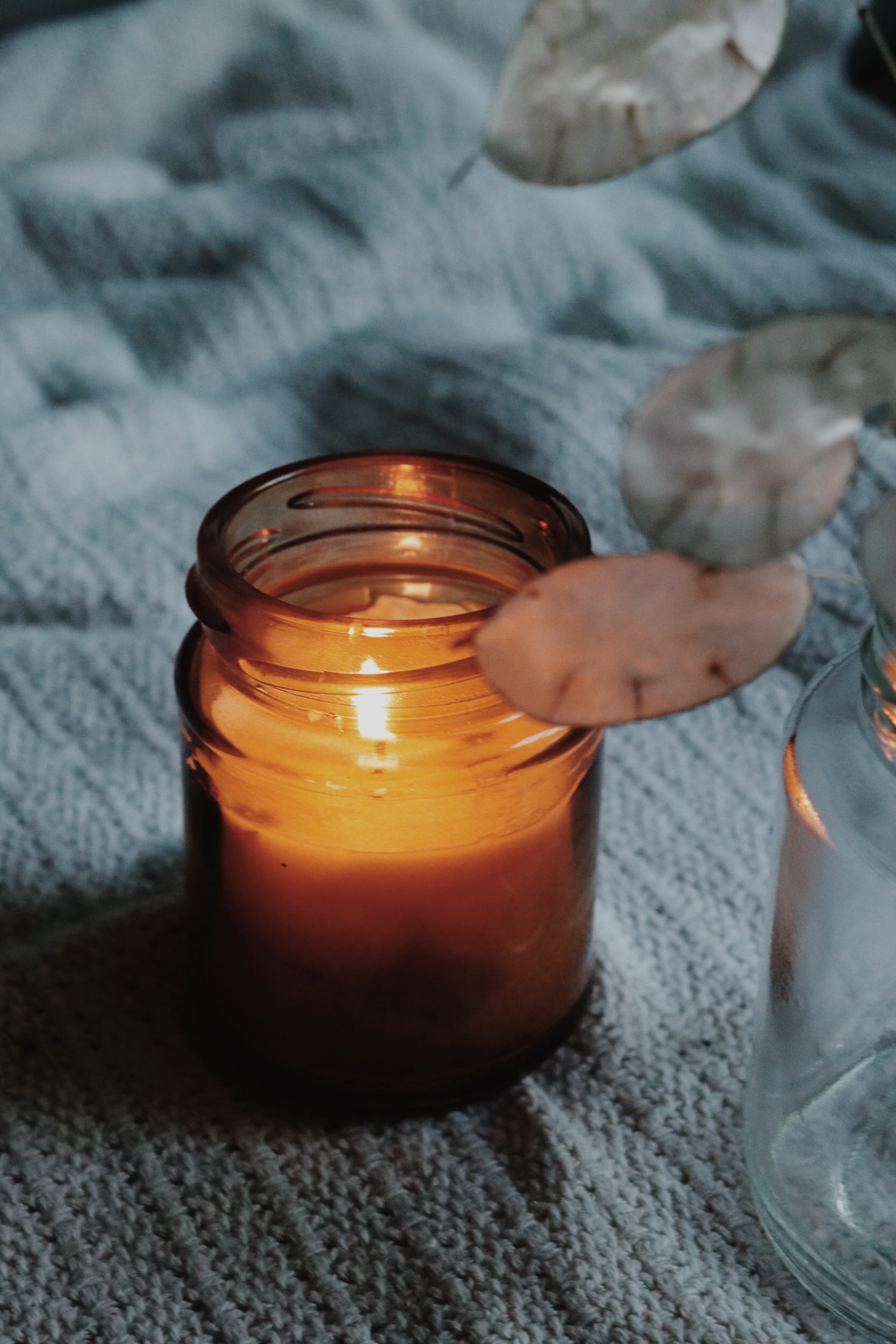How to Improve Your Sleep
Strategies for Better Sleep
Sleep and mental health go hand in hand. When you get a poor night’s sleep, you may notice more stress, irritability or negative thoughts the following day. And, when you are feeling more stressed or anxious, you may notice yourself taking longer to fall asleep, waking up in the middle of the night, or over-sleeping.
This article will briefly cover some strategies for improving the quality of your sleep, help you address obstacles to quality sleep, and connect you with additional resources.
Put Down the Phone
One of the biggest culprits in a poor night’s sleep is screen time before bed. The best practice is to be screen-free for at least an hour before bed. Our brains perceive any light (especially blue light) as sunlight. When you watch TV or keep a bright light on in the evening, your body believes it is day time and will stay alert, active and ready. If you use screens right before bed, you may find yourself struggling to relax when you try to get to sleep. If you’re not ready to quit the phone before bed, try turning your phone on “night mode,” wearing blue-light blocking glasses and keeping your phone use to activities that are calm. For example, limit games or TV shows that trigger a rush of adrenaline. Stay off social media, and definitely stay away from the news in the hour or two before bed, to help your mind rest.
Activate Sleep Mode
The brain naturally associates certain locations, smells, and sensations with different activities. For example, when we enter our workplace, our brain starts getting into work mode. You can use this associative power to create a “sleep mode” for your brain. It is important that the brain associates your bed only with sleep, not with work, worrying or deep thinking. If you like to journal or reflect before bed, do that in a different location. If you are lying awake worrying in bed for more than 15-30 minutes, get up and sit somewhere else until you feel relaxed enough to try sleeping again. To help with associating the bed with rest, try a bedtime routine such as washing your face, lighting a candle, and stretching before bed. This can help signal to your brain that it’s almost time to sleep.
Consider Daily Habits
Did you know that getting a quality night’s sleep involves more than just the hours before bed? Your daytime habits also play a factor. Getting sunlight during the day will help keep your body’s natural rhythms on track. Getting enough physical movement makes it easier to fall asleep. Also, try limiting all caffeine intake after the lunch hour. Caffeine not only makes it more difficult to fall asleep, it may contribute to you waking up in the middle of the night and getting less restful sleep. Alcohol, which people often use to help them fall asleep, may actually be making your sleep worse. Drinking alcohol near bedtime may interrupt your deep sleep later on in the night, causing you to feel drowsy and not well-rested the next day. Nutrition, substance use, exercise or underlying medical conditions may all be contributing to poor sleep, so it is important to speak with your doctor if sleep problems persist.
Examine What’s Stopping You
Often, we know what we need to do to create change, but we don’t do it. Sit with your resistance and explore what it might be signalling. Ask yourself, “What am I gaining by staying up late? What benefits do I get from being on my phone before bed?”
For example, if you find yourself really tied to the phone and trying to distract yourself into sleep, that may be a sign of avoidance. Perhaps the phone is a fun way to distract yourself into an exhausted state and you successfully avoid the sense of worry that comes around when things are too quiet. It might be a good idea to spend some time in self-reflection or with a therapist to notice which emotions or thoughts surface at night, and how you could process those emotions in a more helpful way.
Staying up late can also be a signal that one of your needs is not getting met during the day. Possibly, you’ll realize this is the only time you have to yourself after the kids are asleep. Maybe you are getting that time to “unwind” you needed after a busy day. When you notice an unmet need or an uncomfortable feeling you may be trying to avoid before bed, listen to it. Notice it, sit with it, and set aside a time earlier in the day when you can address it.
Find More Support
Now that you have some tips and reflection prompts, here are some other resources to check out:
Meditation apps such as Headspace, Mindful USC, and Insight Timer have sleep meditations and relaxing sounds to improve your rest.
The app Habitca game-ifies daily habits, and many people use it for sleep. You can find online accountability and tips from other users!
Amelia Nagoski D.M.A, and Emily Nagoski Ph.D. have an excellent book called Burnout about stress management, which is very much intertwined with sleep You can also find a brief summary of the topic on the Unlocking Us podcast .
Matthew Walker, Ph.D., has a book titled Why We Sleep regarding the evidence-based benefits of sleep, as well as strategies for improving your quality of sleep. You can find his TED Talk on the same topic here.

